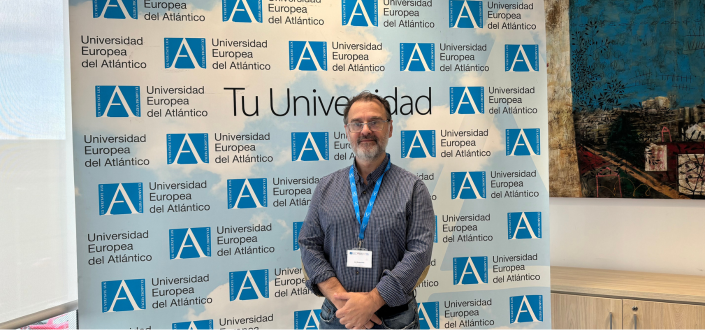José Ramos, lecturer in microbiology and researcher at the Universidad Europea Atlántico (UNEATLANTICO) reports in CuídatePlus, a specialised health portal, on the risks of the transmission of infections due to stagnant water after the passage of the DANA in Valencia.
After the passage of the DANA, Valencia has suffered a great tragedy and is in a serious state. Because of the heavy rains, it is drowned in mud and stagnant water, which is causing great concern among health and microbiology experts.
Ramos speaks about the risks that this can cause and the health effects that can occur in the victims; people who were swept away by the water may present gastrointestinal problems and diarrhoea because of the swallowed water. In addition, Ramos said these problems should be treated with hydration and antibiotics.
On the other hand, Ramos also warned that if water remains stagnant for days and temperatures rise, ‘vectors such as mosquitoes, which transmit infectious diseases, can proliferate’. He also pointed to the presence of rats, which means the presence of waste and rubbish.
To read more about the situation in Valencia and the precautions you should take to take care of yourself, you can access the article via this link.
It should be noted that the University will help those affected by the Dana through a collaboration with the Spanish Red Cross, Cáritas Diocesana de Santander and the Food Bank of Cantabria. The university community will be able to make their donations through the bizums or bank transfer indicated in the following link.


